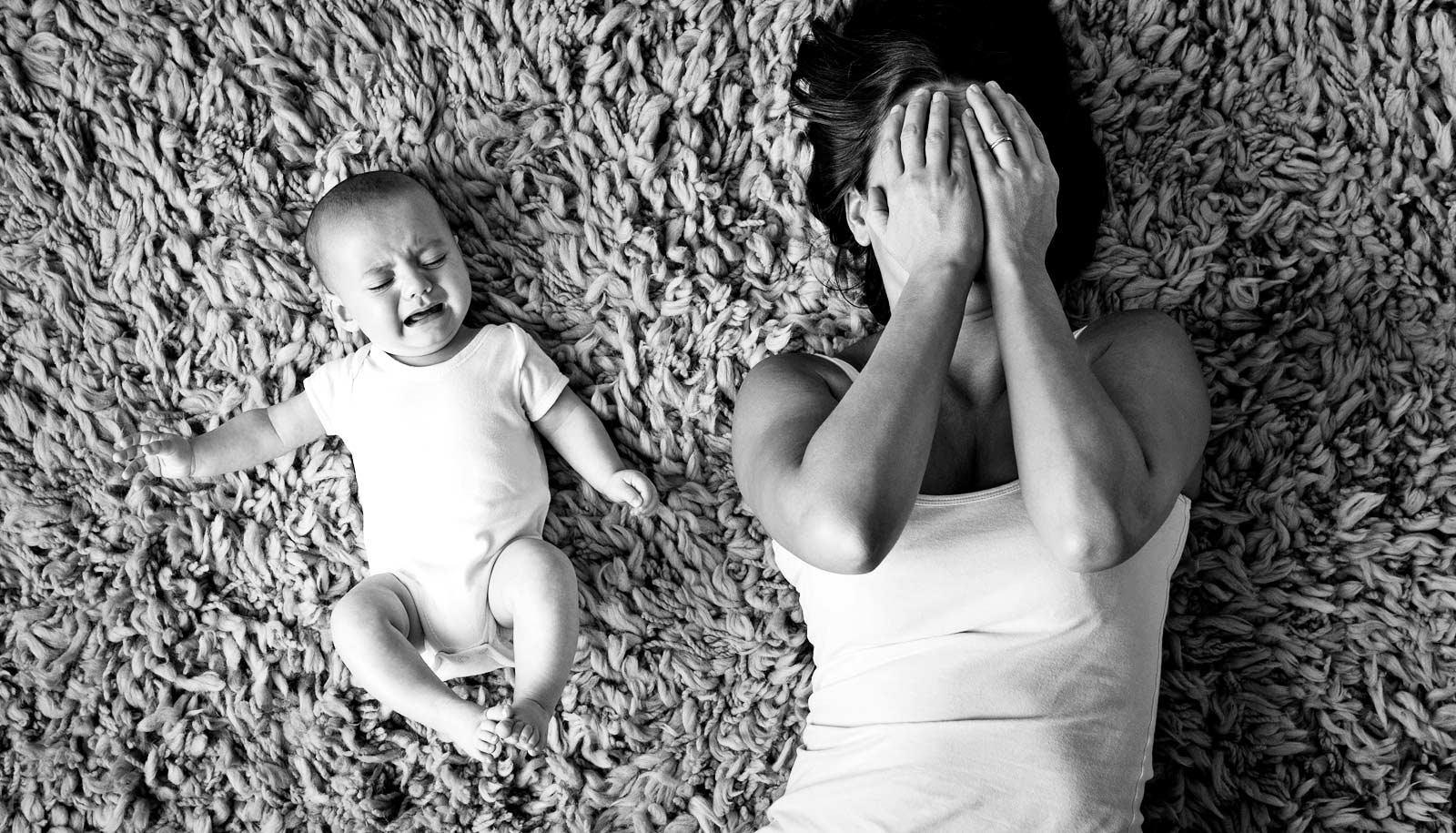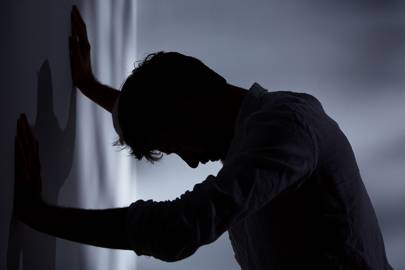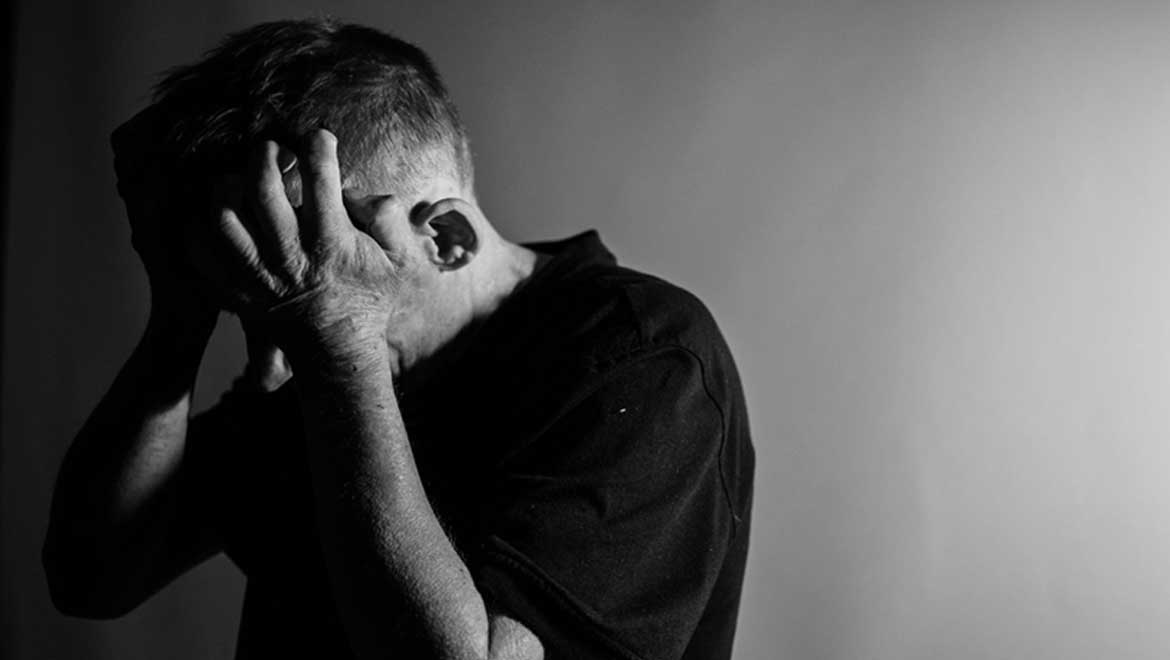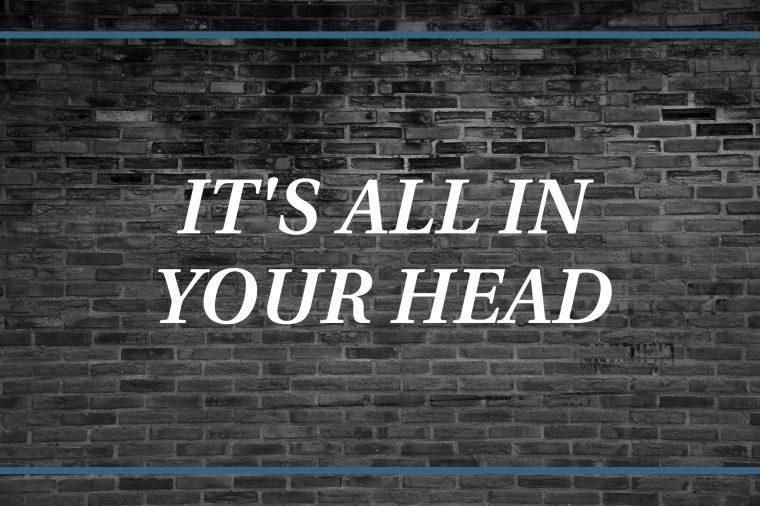
One of the most important health matters I discuss with my patients is depression and the impact it can have on an individual and his or her loved ones. Do you know the signs and symptoms of depression? Recognizing them allows you to get the help you or a loved one may need to manage this condition.
More than 300 million people worldwide suffer from depression, according to the World Health Organization. Twice as many women than men have depression, and all ages are affected.

Depression is especially important to recognize in pregnant or postpartum women, patients who are elderly or have cancer and in children and teenagers, as it can often be overlooked and can lead to devastating consequences.
At its worst, depression can lead to suicide, with more than 800,000 people dying of suicide every year. Notably, people who have gone through unemployment, loss of a loved one, a divorce or separation or even suffered a heart attack can become depressed. Depression also runs in families, so it’s important to know your family history of mental illness.

Unwilling to admit feeling depressed
When patients with depression go to their doctors’ offices, two-thirds will present with symptoms such as a headache, backache or another type of pain, rather than admit they have depression. Often, it takes a direct question, such as “are you depressed?” for it to be recognized.
Many times, people won’t admit they’re depressed because they don’t think of depression as a “real” disease, or they might feel as though their doctor will just prescribe antidepressants or refer them to a psychiatrist to have their “head checked.”
The more we understand and talk about depression, the earlier we can recognize it in our friends, families and loved ones. And for someone who’s suffering from this very real and debilitating disease, talking with a doctor can be the first step toward recovery.
There are gender differences in the way that men and women present with depression. Men with depression are more likely to abuse alcohol or other illicit drugs, or engage in risky behaviors. Anger or lashing out may be an early sign of depression in men. In women, depression is often seen with eating disorders and anxiety.

Likewise, depression in special populations, such as the elderly, chronically ill or teenagers, also presents in particularly unique ways. Talk with your doctor if you’re concerned that a loved one has depression. Sometimes, a patient-completed screening questionnaire is necessary to recognize depression.
Common symptoms of depression
What are some of the more common symptoms of depression? The following symptoms are typically present for at least two weeks, and depending on the number of symptoms, one can classify depression as mild, moderate or severe:
Feelings of worthlessness, guilt or failure. People interpret minor setbacks in their life as personal failures.
Becoming more withdrawn, or not caring to participate in activities that once caused joy.

Depression causes
Crying spells, weepiness or becoming teary-eyed are easily recognized signs of depression.
Eating too much or binge eating, or conversely not having an appetite, can all be signs of depression. While there is no absolute number in weight gain or loss that defines depression, losing or gaining an average of 5 percent of one’s body weight per month is concerning.

Sleep is often affected in depression, both in sleeping too much or not being able to fall asleep or stay asleep. This is frequently one of the earliest signs of depression. Depressed persons can feel fatigued despite getting a full night’s sleep.
Depressed people often experience a loss of concentration or become easily distracted.
The symptoms of depression, if not treated, can last for about nine months to a year. However, those with depression may have recurrences, and people with depression often go to the doctor only after they’ve had several episodes of depression in their life.